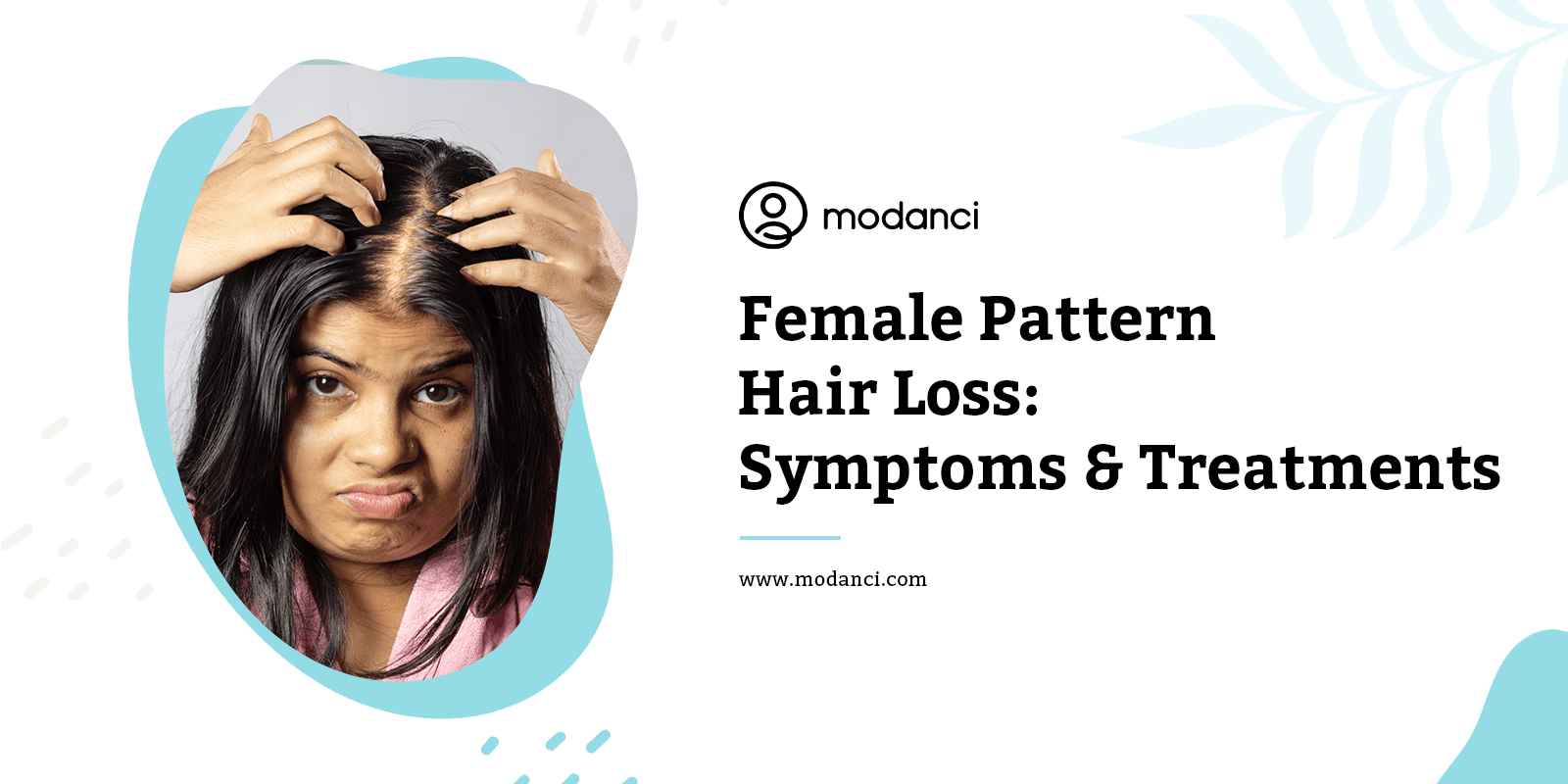Shop At Haya: Your Ultimate Shopping Guide
Discover the best shopping tips, trends, and deals for a smarter buying experience.
Hair Today, Gone Tomorrow: The Surprising Causes of Hair Loss
Uncover the shocking reasons behind hair loss and discover effective secrets to restore your mane. Don't let hair woes hold you back!
Uncovering the Myths: Common Misconceptions About Hair Loss
Hair loss is often surrounded by numerous myths that can lead to confusion and misinformation. One of the most common misconceptions is that hair loss only affects men. In reality, both men and women can experience hair loss due to a variety of factors, including genetics, hormonal changes, and medical conditions. It's important to debunk this myth, as understanding that hair loss is a universal issue can encourage individuals to seek the proper advice and treatment.
Another prevalent myth is that excessive grooming, such as frequent washing or styling, leads to hair loss. Contrary to this belief, most hair experts agree that proper hair care practices do not cause hair loss. In fact, regular washing helps to maintain a healthy scalp, which is essential for hair growth. On the other hand, harsh treatments, excessive heat, and certain hairstyles can contribute to damage and breakage. By separating fact from fiction, individuals can make informed decisions about their hair care routines and minimize the risk of hair loss.

10 Unexpected Factors That Can Lead to Hair Thinning
Hair thinning is often attributed to common factors such as genetics and aging, but there are unexpected factors that can also contribute significantly. For example, stress plays a pivotal role in hair health. When the body undergoes intense emotional or physical stress, it can trigger a condition known as telogen effluvium, where a large number of hair follicles enter a resting phase, leading to noticeable shedding. Additionally, certain nutritional deficiencies, particularly a lack of iron or protein, can stunt hair growth and lead to thinning. Ensuring a balanced diet rich in essential vitamins can help counteract this issue.
Environmental factors can also have surprising effects on hair health. For instance, exposure to pollution and harsh weather conditions can weaken hair strands and lead to thinning over time. Moreover, the consistent use of heat styling tools like straighteners and curling irons can damage hair, making it brittle and prone to breakage. Another lesser-known factor is the impact of certain medications. Some prescriptions, particularly those for arthritis, depression, and heart conditions, can trigger hair loss as a side effect. Recognizing these unexpected causes is essential for maintaining a healthy mane.
Is Stress Really a Culprit? Exploring the Connection Between Emotions and Hair Loss
Stress has long been considered a potential culprit in various health issues, and recent research suggests it may also contribute to hair loss. When the body experiences stress, it can trigger a response known as telogen effluvium, where hair follicles enter a resting phase, leading to increased shedding. This type of hair loss can be temporary; however, chronic stress may lead to more severe conditions such as alopecia areata, where the immune system attacks hair follicles. Understanding this connection is crucial for those seeking to mitigate the impact of emotional upheaval on their appearance.
Furthermore, the emotional toll of hair loss itself can create a vicious cycle. Individuals dealing with significant stress may find that their self-esteem is affected, leading to increased anxiety and further hair loss. Managing stress through techniques such as meditation, exercise, or counseling can therefore not only improve overall well-being but may also help preserve hair health. It's essential to recognize and address the interplay between emotions and physical symptoms, ensuring a holistic approach to both mental and emotional health.